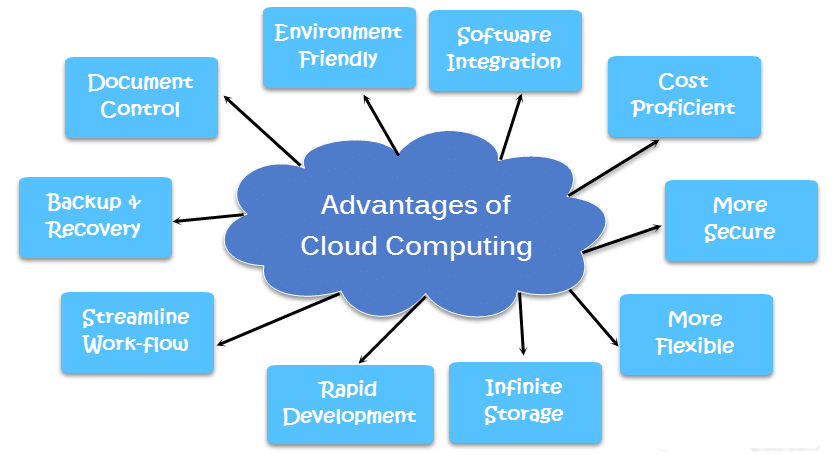
Related Articles

Pen Testing
RSK BSL Tech Team
April 3, 2025
|
|

Pen Testing
RSK BSL Tech Team
March 31, 2025
|
|

Pen Testing
Praveen Joshi
March 27, 2025
|
|

Pen Testing
RSK BSL Tech Team
March 25, 2025
|
|

Pen Testing
RSK BSL Tech Team
March 20, 2025
|
|

Pen Testing
RSK BSL Tech Team
March 18, 2025
|
|

Pen Testing
RSK BSL Tech Team
March 10, 2025
|
|

Software Development
RSK BSL Tech Team
February 24, 2025
|
|

Pen Testing
RSK BSL Tech Team
February 19, 2025
|
|

Software Development
Praveen Joshi
February 11, 2025
|
|

insight
Praveen Joshi
January 31, 2025
|
|

AI Tech Solutions
Praveen Joshi
January 27, 2025
|
|

Software Development
Praveen Joshi
January 20, 2025
|
|

Software Development
Praveen Joshi
January 13, 2025
|
|
 |
|

Mobile Application Development
Praveen Joshi
January 10, 2025
|
How Does Cross-Platform Impact on Hybrid App Success?
The technology environment has undergone a notable change recently, with hybrid applications becoming more and more successful. These adaptable software options have revolutionized the field of software creation. They stand apart by effortlessly fusing the best features of native mobile and online applications.
By utilizing web technologies like HTML, CSS, and JavaScript, hybrid apps help developers build cross-platform applications. These apps work well on a variety of devices and operating systems. This strategy accelerates the development process and greatly lowers expenses. Eventually, hybrid app development becomes a desirable option for companies seeking to market to a large customer base.
The performance gap between hybrid and native apps is fast reducing. All thanks to developments in hybrid app frameworks like React Native, Flutter, and Ionic. It helps in further accelerating the adoption of hybrid applications across sectors. As technology develops, hybrid apps’ increasing popularity is proof of their versatility and effectiveness in addressing the ever-increasing demands of the digital age.
There are so many factors that contribute to the success and popularity of hybrid mobile app development. We will discuss them further in the blog. Let us first have a close look at the role of cross-platform compatibility in the success of these apps…
The Role of Cross-Platform Compatibility in the Success of Hybrid Applications
Cross-platform compatibility plays a pivotal role in determining the success of hybrid apps. Here are detailed points explaining its impact:
1. Wider Reach:
The functionality of hybrid apps is intended to be seamless on several platforms, such as iOS, Android, and web browsers. Because of the wide range of interoperability, organizations may quickly reach a wider audience without developing separate native apps.
2. Cost Efficiency:
It might be expensive to create and maintain distinct native apps for several platforms. Due to their ability to service numerous platforms from a single codebase, hybrid app development considerably saves development costs. For organizations on a tight budget, this financial advantage frequently makes hybrid solutions more appealing.
3. Faster Development:
The development process is streamlined by cross-platform interoperability. The time it takes to construct and update the app is decreased because developers must write and maintain one set of code. Faster time-to-market is made possible by this adaptability, which is essential in the cutthroat app market.
4. Consistency:
Hybrid apps provide a consistent user experience. Users don’t notice any significant differences when switching across platforms thanks to this uniformity in style, features, and performance. This contributes to the development of a strong brand identity and user trust.
5. Easier Updates:
Developers can modify the shared codebase as needed to make upgrades or problem patches. Plus, these updates can be simultaneously released on all platforms. Ensuring prompt delivery of the newest features and upgrades improves user satisfaction.
6. Access to Web Technologies:
Web technologies including HTML, CSS, and JavaScript come in handy while making hybrid apps. This makes it simpler for developers to obtain knowledgeable specialists and answers for typical problems. This is because they have access to a huge pool of web development expertise and easily available resources.
7. Reduced Maintenance:
Maintenance becomes simpler and more affordable with a single codebase. Compared to maintaining distinct native apps, developers’ burden and risk of inconsistencies are reduced. Because faults and upgrades only need to be addressed once in hybrid app development.
8. Performance Improvements:
Hybrid frameworks like React Native and Flutter have made tremendous progress in closing this performance gap. However, native apps still historically had an advantage. The near-native performance of these frameworks guarantees a responsive and fluid user experience across all platforms.
9. Third-Party Integrations:
Integration of third-party services and APIs is made easier by cross-platform interoperability. Developers may manage several integrations for each platform more simply by using standardized methods for integrations.
10. Analytics and Tracking:
Businesses may more easily integrate analytics and tracking solutions thanks to unified codebases. This enables them to collect vital user data reliably across all platforms. Making decisions based on this information can improve the functionality and features of the app.
In conclusion, cross-platform compatibility has a big impact on the success of hybrid apps. It increases their market reach, lowers their costs, streamlines their development, and ensures a standardized user experience. These benefits are intensifying as hybrid app development frameworks improve and mature, making hybrid apps an alluring option for many companies and developers.
Summary
Hybrid applications have remarkably gained acceptance in the constantly changing world of app development. Their capacity to fill the gap between web and native mobile apps is a key reason for this.
Moreover, they enable cross-platform interoperability by utilizing web technologies and offer a similar user experience on iOS, Android, and web browsers. In addition to expanding the app’s user base, this also sharply lowers development costs and shortens the time to market.
Frameworks like React Native and Flutter can close the performance gap. Due to this, hybrid apps are gaining popularity in a variety of industries. Additionally, these frameworks make the task easier for hybrid mobile app development services.
Praveen Joshi
Praveen is a seasoned IT Solutions Leader and Director at RSK Business Solutions, a technology-driven IT Consulting Company that specializes in Bespoke Software Development, Agile Consulting, Mobile App Development, Smart Sourcing, and much more. For the last 17 years, he has been delivering quality custom IT solutions that help businesses achieve their goals.

 Share
Share Post
Post Tweet
Tweet Copy
Copy


